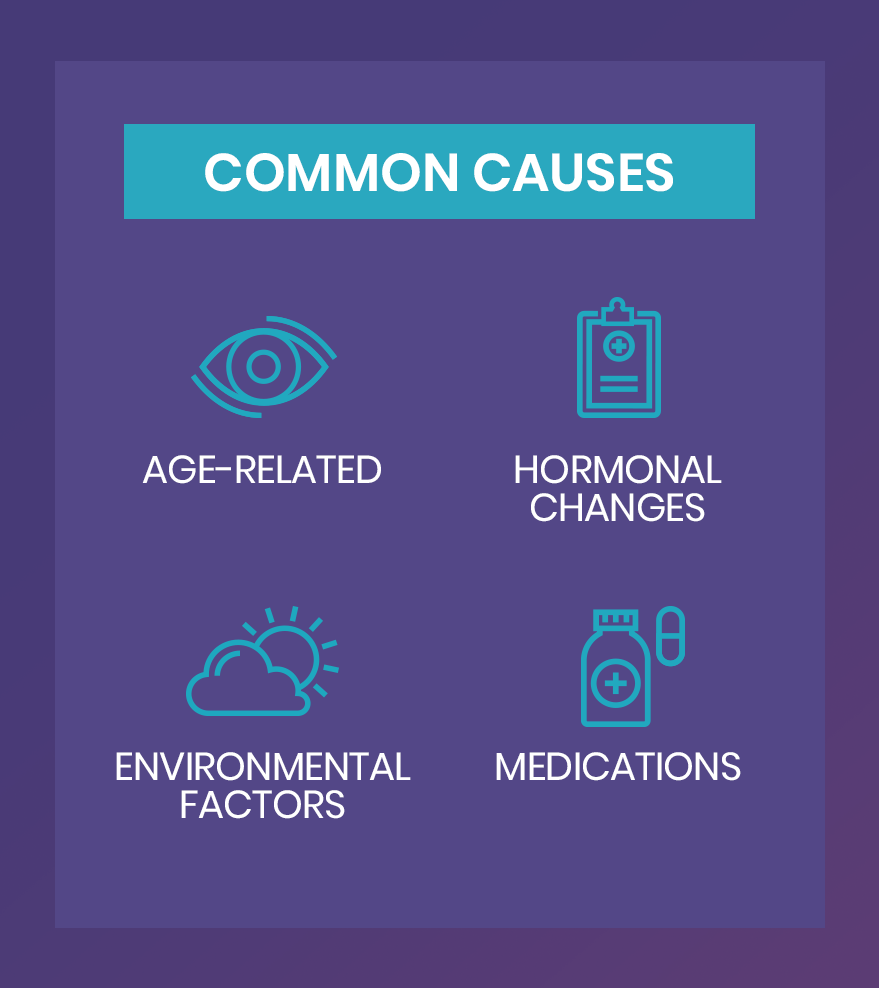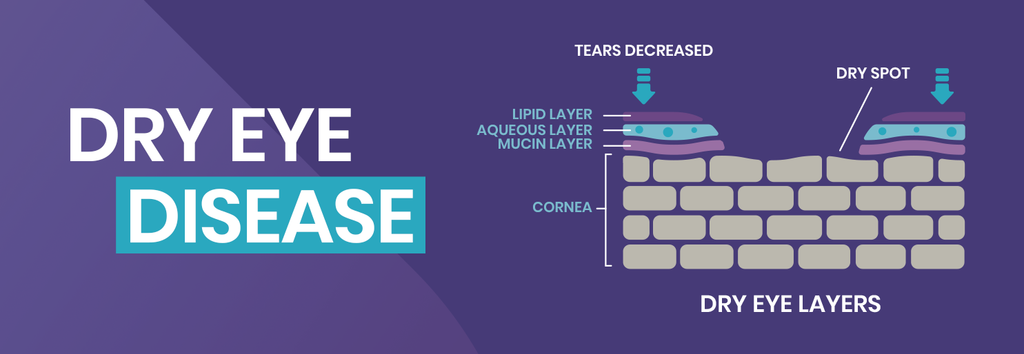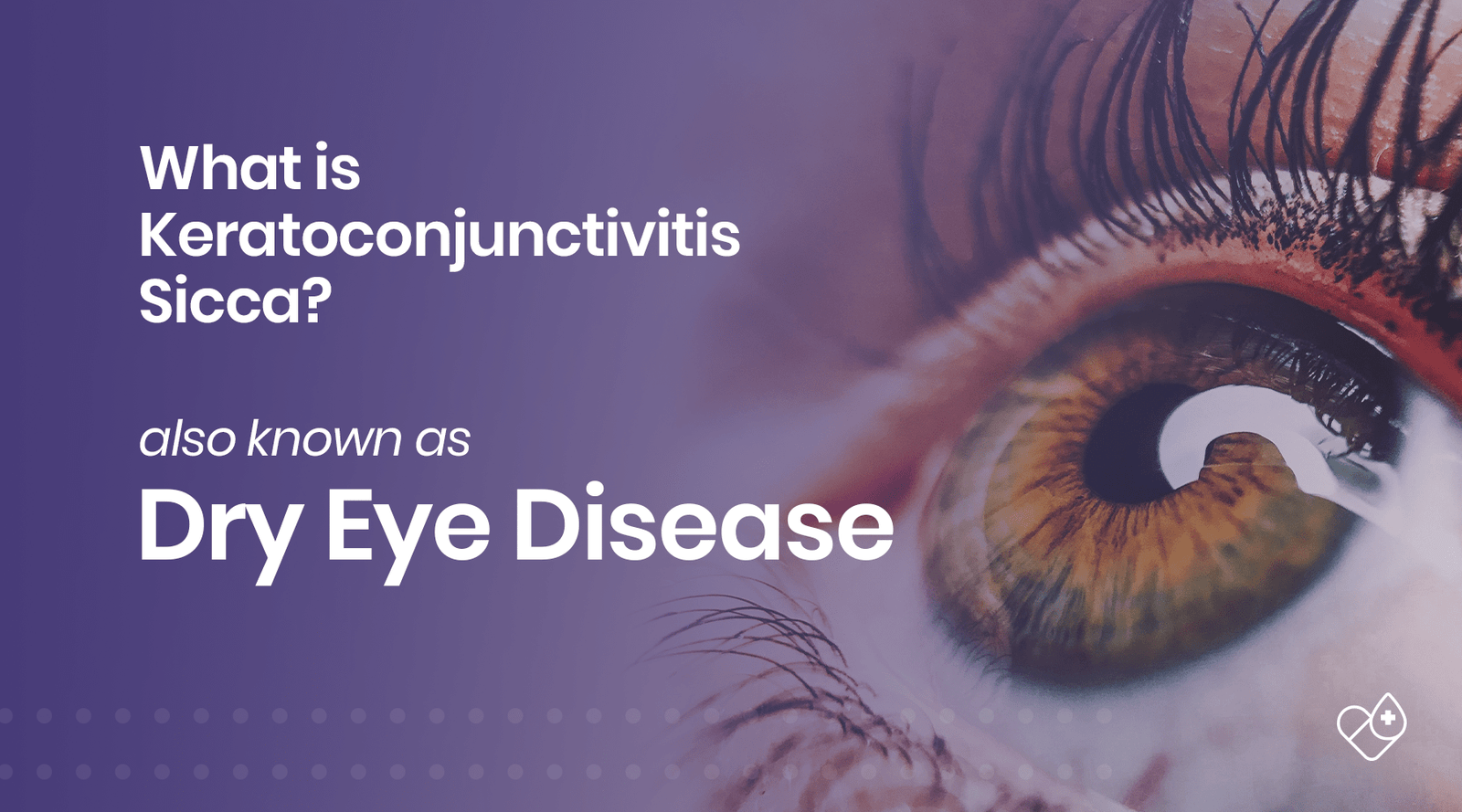Do you ever experience dry, itchy, or burning eyes? If so, you might be suffering from keratoconjunctivitis sicca, more commonly known as dry eye disease. This condition affects millions of people worldwide, and it can seriously impact your quality of life. However, the good news is that there are treatments available. In this blog post, we’ll explore what dry eye disease is, what causes it, and how you can manage it.
What is dry eye disease?

Dry eye disease is a condition that occurs when tears aren't able to perform their essential function of lubricating the eyes. This can lead to a range of symptoms, including discomfort, inflammation, and blurry vision. Several factors can cause dry eye disease, including age, hormonal changes, certain medications, and environmental factors, such as low humidity.
One of the primary drivers of dry eye disease is the depletion of the tear film, which is the three-layered system that covers and protects the surface of the eyes. The tear film contains water, oil, and mucus, and any disruption to this balance can lead to dry eyes. Another common cause is the inflammation of the meibomian glands, which produce an oil that is essential for maintaining the stability of the tear film.
How to manage dry eye disease:
There are several ways to manage dry eye disease, including lifestyle changes, over-the-counter drops, and prescription medications. Your doctor may recommend increasing your water intake, reducing the use of electronics, and using humidifiers in your home or office. In some cases, artificial tear drops or ointments can provide temporary relief.

In addition to these treatments, there are several other things you can do to manage your dry eye symptoms. For example, taking regular breaks when using electronic devices and practicing good hygiene can help reduce irritation. You should also avoid exposure to smoky or dusty environments and keep your eyes protected from wind or bright sunlight.
Dry eye disease is a relatively common condition that can cause significant discomfort. However, there are several treatments available that can help manage the symptoms. If you’re experiencing dry eyes, be sure to talk to your doctor. With the right diagnosis and treatment, you can get relief and start enjoying clear, comfortable vision once again.

